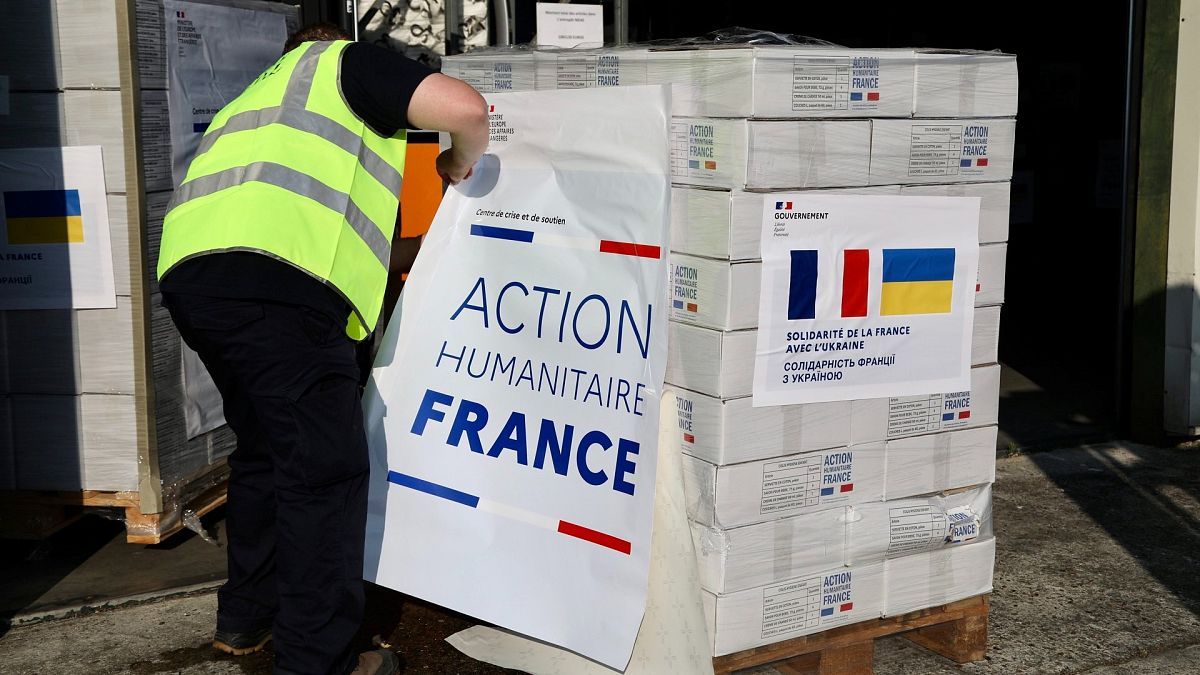

In a world where diplomacy often operates quietly behind the scenes, certain creative and strategic efforts are gaining attention for their potential impact. Across different spheres, there’s a significant push to enhance international relations, improve strategic partnerships, and address critical global issues.
France, with its rich cultural heritage, is notably carving a unique path on the diplomatic stage by intertwining culture with politics. A recent initiative from the French foreign ministry is affectionately being referred to as “cheese diplomacy.” This effort focuses on utilizing France’s culinary heritage, particularly its cheeses, as tools to bolster the nation’s diplomatic profile. The aim is to create a deeper public understanding of the role and significance of diplomacy, which is often underappreciated in everyday discourse. Experts argue that increasing public awareness of diplomatic efforts can have far-reaching benefits, promoting understanding and support for international engagements.
Meanwhile, the European Union is actively seeking to fortify its relationship with India amidst changing geopolitical dynamics. This shift is highlighted by a notable cooling of relations between New Delhi and Washington. As the EU steps into this evolving landscape, it is positioning itself as a steadfast partner for India, emphasizing mutual benefits and shared values. The EU’s push to strengthen ties with India reflects a nuanced approach to foreign policy, where relationships are not only built on economic and political interests but also on common global objectives such as climate action, digital innovation, and sustainable development.
On another significant front, international focus is currently directed towards the Gaza Strip, where the United States and the United Nations are engaged in talks to orchestrate a reconstruction plan. This plan is especially pressing as it comes ahead of the UN general assembly, where the symbolic recognition of Palestine is expected to be a contentious point of discussion. The proposed reconstruction plan includes establishing a one-year technocratic government, deploying an international stabilization force, and promoting peace by disarming Hamas. Notably, it opposes the mass deportation of Palestinians. This comprehensive approach strives to rebuild and stabilize the region while fostering conditions conducive to peace and understanding.
The proposed recognition of the state of Palestine by countries such as the UK, France, Canada, Belgium, and Malta at the upcoming UN conference reflects a significant diplomatic movement. This is poised to occur during a pivotal week when world leaders convene to address the assembly, aiming to create a platform for dialogue and understanding. The efforts underway in Gaza are seen as a necessary precursor to these broader discussions, highlighting a commitment to addressing longstanding conflicts through constructive and peaceful means.
These various diplomatic efforts, whether through the exchange of culture or the strengthening of international relationships, underscore a common theme: the pursuit of peace, stability, and mutual respect on the global stage. They reveal a mindful approach to diplomacy that respects cultural heritage, fosters collaboration, and seeks sustainable resolutions to complex challenges. As nations navigate through intricate geopolitical landscapes, such initiatives serve as reminders of the power of dialogue and cooperation in building a more connected and understanding world.
Source: {link}
